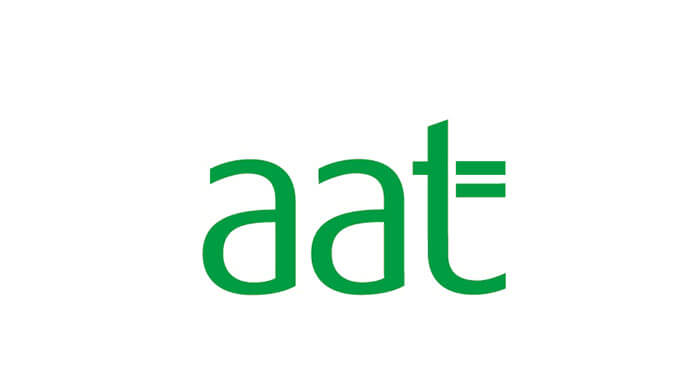Discover if apprenticeships are the right career route for you.
If you want to get a head-start on your career and want to earn whilst you're at it, it might be worth looking into the apprenticeship opportunities that are out there.
Apprentices are embedded with organisations from day one, being paid a salary and learning on the job alongside existing employees. Apprenticeships are a shortcut into big organisations, without the time or debt of university to slow you down.
Apprenticeships can be taken in all areas – from animal care to IT – so if your skills are practical and you're willing to throw your all into working within a business early on, you're likely to find an area that suits you.
Here are some commonly asked questions about apprenticeships...
What is an apprenticeship?
Apprenticeships are vocational qualifications, in which you work in a company for part of the week and study for the rest – usually three or four days working and one or two days studying. They offer a practical option that breaks away from the routine of classroom learning, and can be taken at Intermediate, Advanced or Higher level.
- Intermediate level – equivalent to 5 GCSE passes
- Advanced level – equivalent top two A level passes
- Higher – can lead to NVQ Level 4 and above or a foundation degree
All apprentices are required to work at least 30 hours per week, and the minimum time it takes to complete an apprenticeship is 12 months. Some programmes, such as the KPMG 360, can last six years.
What areas are covered by apprenticeships?
The roles available as an apprentice are varied – industries range from horticulture and animal care to education to manufacturing and technology. Other sectors include arts, media and publishing, business and law, construction, ICT, health and public services, retail, engineering and leisure and tourism. In short, most sectors are open to those taking up apprenticeships.
What kind of pay can I expect?
Apprentices benefit from the fact that they're earning right from the start, making living sustainable whilst they learn a highly profitable craft.
As an apprentice between the ages of 16 and 18 (or if you're over the age of 19 but in the first year of your apprenticeship) you'll earn the National Minimum Wage for apprentices, which is £4.15 per hour. In reality though, a lot of employers choose to pay their apprentices more than this.
If you older than 19 and have completed your first year you are entitled to the National Minimum Wage for your age.
You should be paid by your employer for both the time that you spend working in the company and the time you spend in college studying.
Where can I find out about apprenticeships?
Your first port of call for apprenticeship info is the National Apprenticeship Service website, which details some of the companies that offer apprenticeships as well as highlighting the latest news and case studies from apprentices at companies at diverse as ITV, YouTube and ASOS.
What is career progression like after I've finished my apprenticeship?
UCAS stats say that 85% of apprentices choose to stay in employment afterwards rather than pursuing further qualifications, and that 64% of them stay with the same company.
This makes sense – after investing time in nurturing an apprentice the majority of companies will want to keep them onboard, and likewise after learning the ropes at an organisation it makes sense that apprentices will want to progress up the ladder too. A third of apprentices actually receive a promotion within a year of finishing their apprenticeship.
Can I go to university later?
Passing an Intermediate apprenticeship means that you will have qualifications that are equivalent to two A-Levels, and continuing with a Higher apprenticeship sets you on the path to Higher Education if this is the route you choose.
Alternatively, you could take up a professional qualification in an area such as accountancy or construction.
How many apprenticeships are available?
According to the National Apprenticeship Service, there are currently more than 100,000 businesses offering apprenticeships to more than 850,000 apprentices across the country – so it's very likely that there will be opportunities in your area.
Apprenticeships cover approximately 170 industries and there are around 1,500 different job roles available, with around 25,000 vacancies live at any one time.





